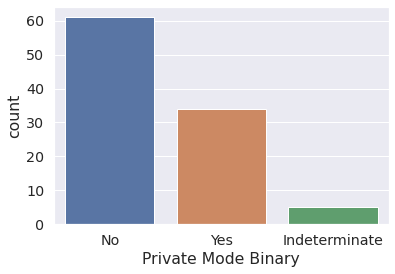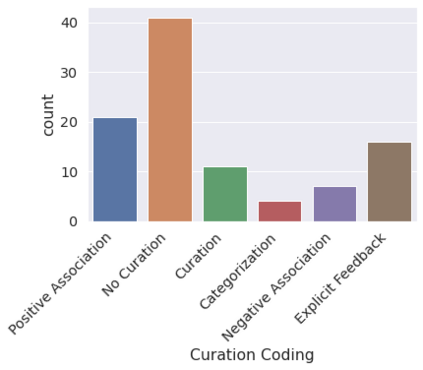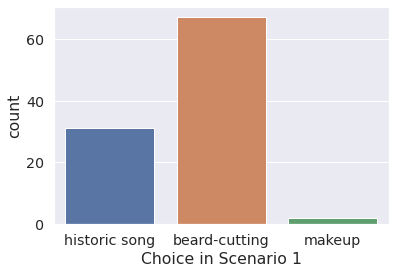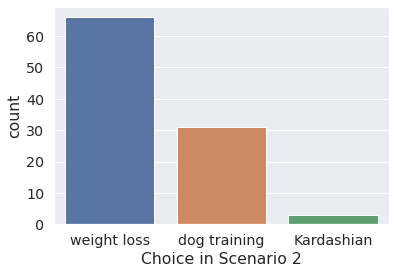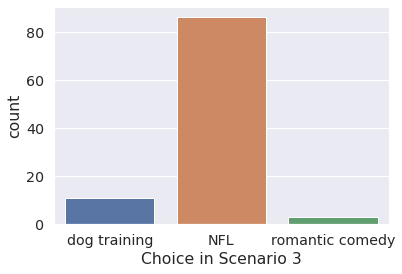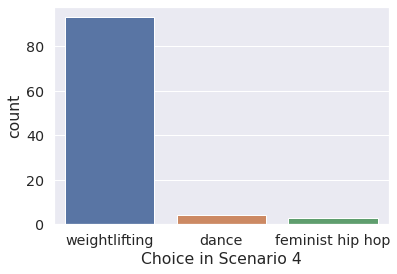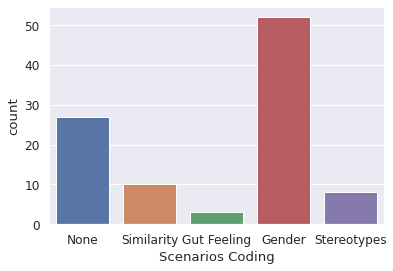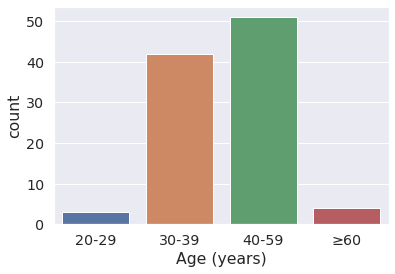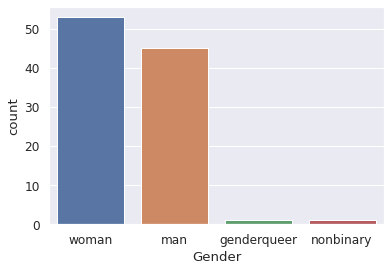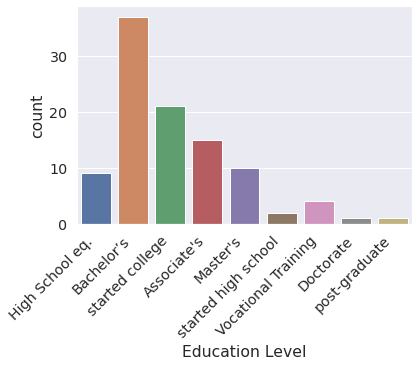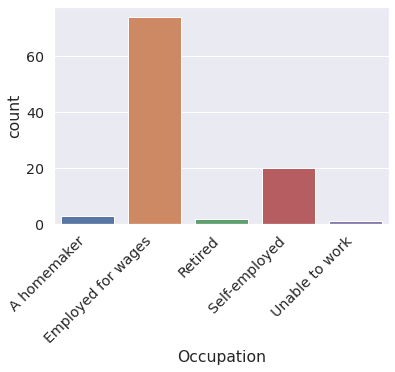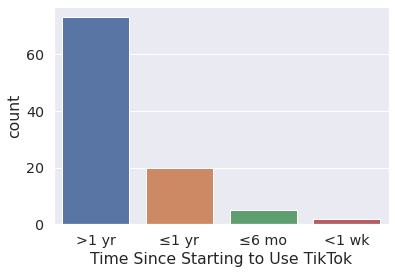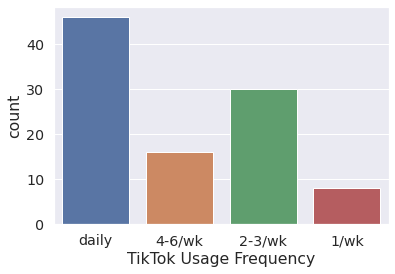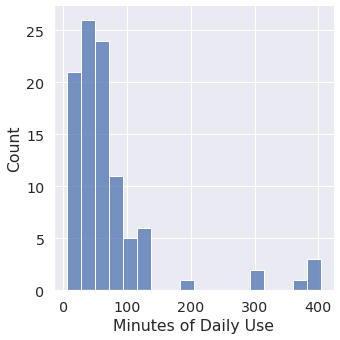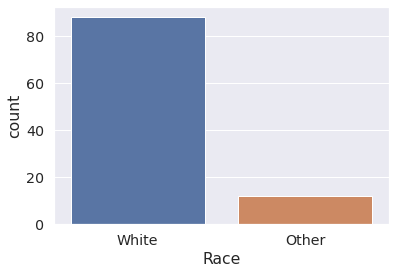Recommendation systems are pervasive in the digital economy. An important assumption in many deployed systems is that user consumption reflects user preferences in a static sense: users consume the content they like with no other considerations in mind. However, as we document in a large-scale online survey, users do choose content strategically to influence the types of content they get recommended in the future. We model this user behavior as a two-stage noisy signalling game between the recommendation system and users: the recommendation system initially commits to a recommendation policy, presents content to the users during a cold start phase which the users choose to strategically consume in order to affect the types of content they will be recommended in a recommendation phase. We show that in equilibrium, users engage in behaviors that accentuate their differences to users of different preference profiles. In addition, (statistical) minorities out of fear of losing their minority content exposition may not consume content that is liked by mainstream users. We next propose three interventions that may improve recommendation quality (both on average and for minorities) when taking into account strategic consumption: (1) Adopting a recommendation system policy that uses preferences from a prior, (2) Communicating to users that universally liked ("mainstream") content will not be used as basis of recommendation, and (3) Serving content that is personalized-enough yet expected to be liked in the beginning. Finally, we describe a methodology to inform applied theory modeling with survey results.
翻译:在数字经济中,建议系统是普遍存在的。在许多部署的系统中,一个重要的假设是用户消费反映了用户偏好静态的用户:用户消费他们喜欢的内容,而没有其它考虑。然而,正如我们在大规模在线调查中记录的那样,用户确实从战略上选择内容,以影响他们今后得到推荐的内容类型。我们把这种用户行为作为建议系统与用户之间一个两阶段的吵闹信号游戏来模型:建议系统最初承诺执行建议政策,在用户选择战略消费的寒冷起步阶段向用户提供内容,以便影响建议阶段建议的内容类型。我们表明,在平衡中,用户从事的行为会加剧他们与不同优惠概况用户的差异。此外,(统计学)少数群体担心失去其少数群体内容的分布可能不会消耗主流用户所喜欢的内容。我们接下来提出三种干预措施,在考虑战略消费时,可以提高建议质量(平均和对少数群体而言):(1) 采用建议系统政策,使用之前的偏好的建议,(2) 向普遍喜欢的用户传播,(“主流”) 最终将采用建议,而不是将采用个人调查方法作为我们开始使用的建议的基础。






